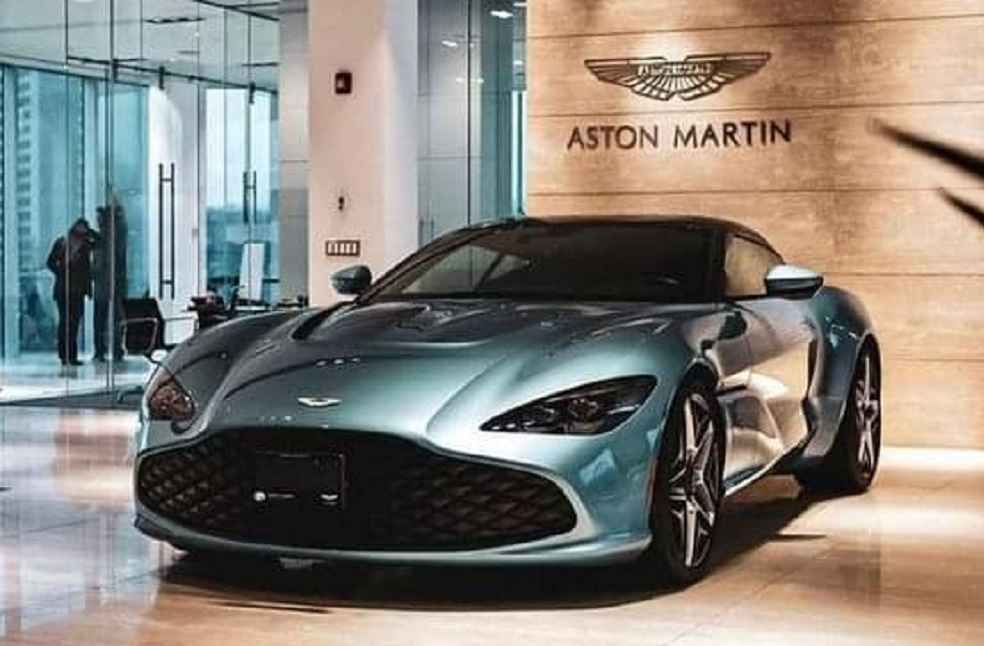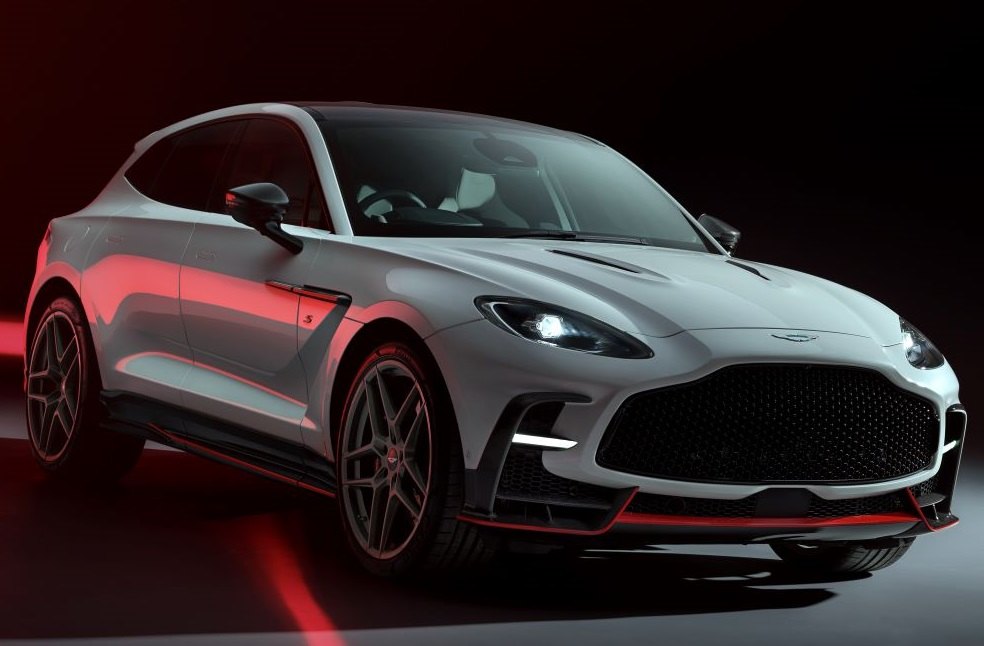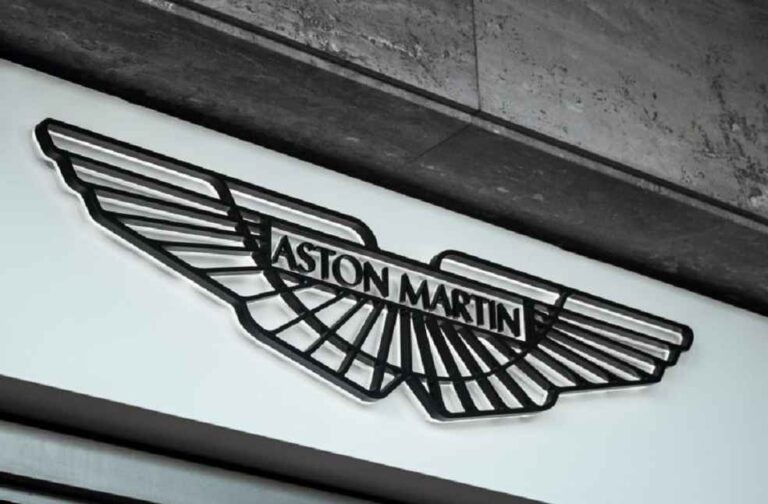Aston Martin has cut £300 million from its investment plans after reporting a larger-than-expected third-quarter loss, which it blamed on Donald Trump’s tariffs and slowing demand in China. The British carmaker said on Wednesday that its pre-tax loss for the third quarter of 2025 had risen to £112 million—nine times higher than the £12 million recorded during the same period last year.
Earlier this month, Aston Martin cautioned that its profits for the year would fall short of earlier forecasts due to weaker sales. In the third quarter of 2025, the company delivered 1,430 vehicles to retailers—a 13% decrease from the same period last year. Revenue for the first nine months of 2025 also declined by 26%, totaling £740 million compared to nearly £1 billion during the same timeframe in 2024.

“This year has been marked by significant macroeconomic headwinds, particularly the sustained impact of U.S. tariffs and weak demand in China. Work is underway to review our future product cycle plan with the aim of optimizing costs and capital investment while continuing to deliver innovative, class-leading products to meet customer demands and regulatory requirements,” Aston Martin’s chief executive, Adrian Hallmark, said.
The carmaker, which manufactures its vehicles in Warwickshire and South Wales, has already postponed the launch of its first electric car and reduced its workforce by 5% in February. It said further updates to its plans would be declared by early next year.
This month, Aston Martin began delivering its Valhalla supercar, which it hopes will boost its financial results if it manages to ship 150 units in the final quarter of the year. The company plans to produce 999 of the mid-engine plug-in hybrid models, each priced at £850,000, and stated that more than half have already been reserved by buyers.

Aston Martin reported that demand in China remained ‘extremely subdued’ due to the country’s sluggish economy and the introduction of a new ‘luxury car tariff’ on additional vehicles from the end of July.
In the U.S., President Donald Trump introduced a 25% tariff on imported cars on April 3, adding to the existing 2.5% duty. The move disrupted the global automotive market and significantly increased the cost of Aston Martin vehicles in one of its most important regions. In response, the UK reached an agreement in May to cap tariffs at 10% on up to 100,000 British-made cars per year, a measure that took effect on June 30.
AUTO TECH | ZF and Horizon Robotics Partner on Level 3 Autonomous Tech





